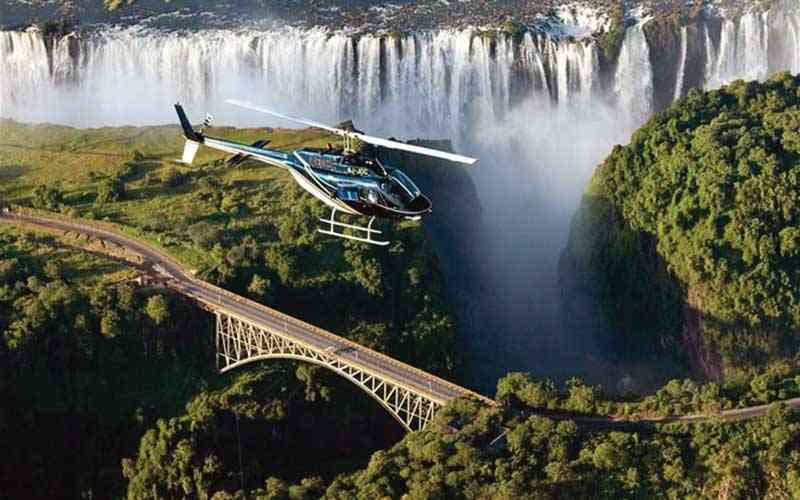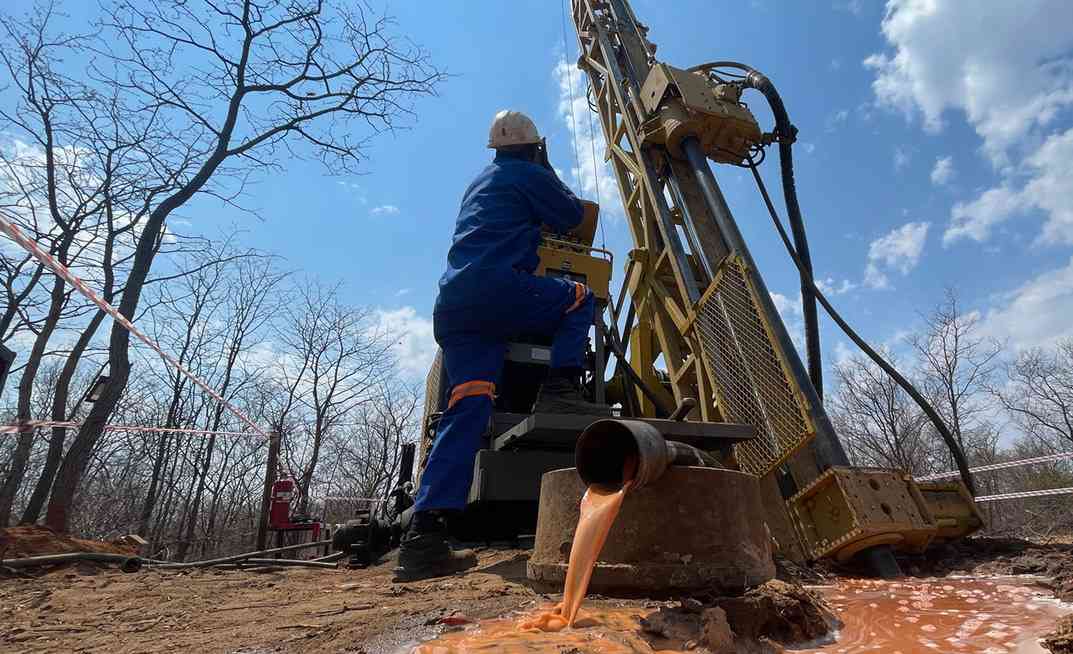
ZIMBABWE and Zambia have stepped up efforts to manage the iconic Victoria Falls and look at possible opportunities for developing the tourist attraction.
Officials from the two countries met in Livingstone, Zambia, recently at the Joint Ministerial Committee meeting to discuss the trans-boundary Victoria Falls World Heritage Site.
Zimbabwe and Zambia share Victoria Falls on the Zambezi River, one of the seven Natural Wonders of the World.
Speaking at the meeting, Tourism and Hospitality Industry minister Nqobizitha Mangaliso Ndhlovu hailed joint efforts to protect and develop the site.
“Zimbabwe is remaining committed to the maintenance of the integrity of the World Heritage Site and Zimbabwe will work together with the Republic of Zambia, Unesco and other state parties to ensure the property remains a sought-after Natural Wonder of the World,” Ndhlovu said.
“There are various developments going on at the Victoria Falls, which are critical to the preservation of the outstanding universal values that have seen us maintaining the integrity of the natural heritage.”
Ndhlovu said updating the Strategic Environmental and Social Impact Assessment Report, which started in 2021 and work on the updating of the Joint Integrated Management Plan of the property were also crucial.
He called for the two countries to ensure that any development near Victoria Falls did not disturb the site.
- Tarakinyu, Mhandu triumph at Victoria Falls marathon
- Andrea The Vocalist, dreams big
- All set for the 2022 Econet Victoria Falls Marathon
- Econet Victoria Falls Marathon return a boon for tourism
Keep Reading
“Considering the sensitivity of the area, we need to be conscious on our developments not to disturb the biodiversity, flora and fauna within the property, achieving sustainable environment for the benefit for the future generations,” the minister said.
He said proposed key projects, such as the Batoka George hydroelectric power station, needed to consider and address concerns raised by key stakeholders while maintaining viable and appropriate technical requirements for optimum power generation.
He commended the Zambezi River Authority (ZRA) for responding to the concerns and revising specifications to ensure that they meet the minimum technical requirements.
“I urge all parties to take a rational balanced approach to the issues of development and conservation in the property,” Ndhlovu said.
Victoria Falls in 2022 received about 390 000 visitors.
“At this point in time, we may not be able to indicate how much was received as revenue and how many people are employed directly benefiting from the property. However, we need to reflect on what properties of a similar nature are getting for us to set ambitious targets for ourselves.
“More visitors mean more revenue, which translates to economic growth and opportunities for both our peoples. On the other hand, we will need to ensure that as we increase the numbers of visitors, we do not affect the integrity of our property.”
Zambian Tourism minister Rodney Sikumba said the two countries remained committed to managing the Victoria Falls in a manner that sustains its outstanding universal value for prosperity.
“We also realise the great potential the site has to provide an oasis of socio-economic development through well-planned and environmentally friendly developments within and on the periphery of the Victoria Falls/Mosi-oa-Tunya Falls World Heritage Site,” Sikumba said.
He also called on the two countries to maximise the economic returns accruing from Victoria Falls, without lowering its conservation standards.
“This balancing act needs to be buttressed by well-informed processes and empirical evidence that can re-assure global stakeholders that the priority is resource protection and the basis for resource protection is sustainable use and economic benefits within the boundaries of the protected areas,” he said.






